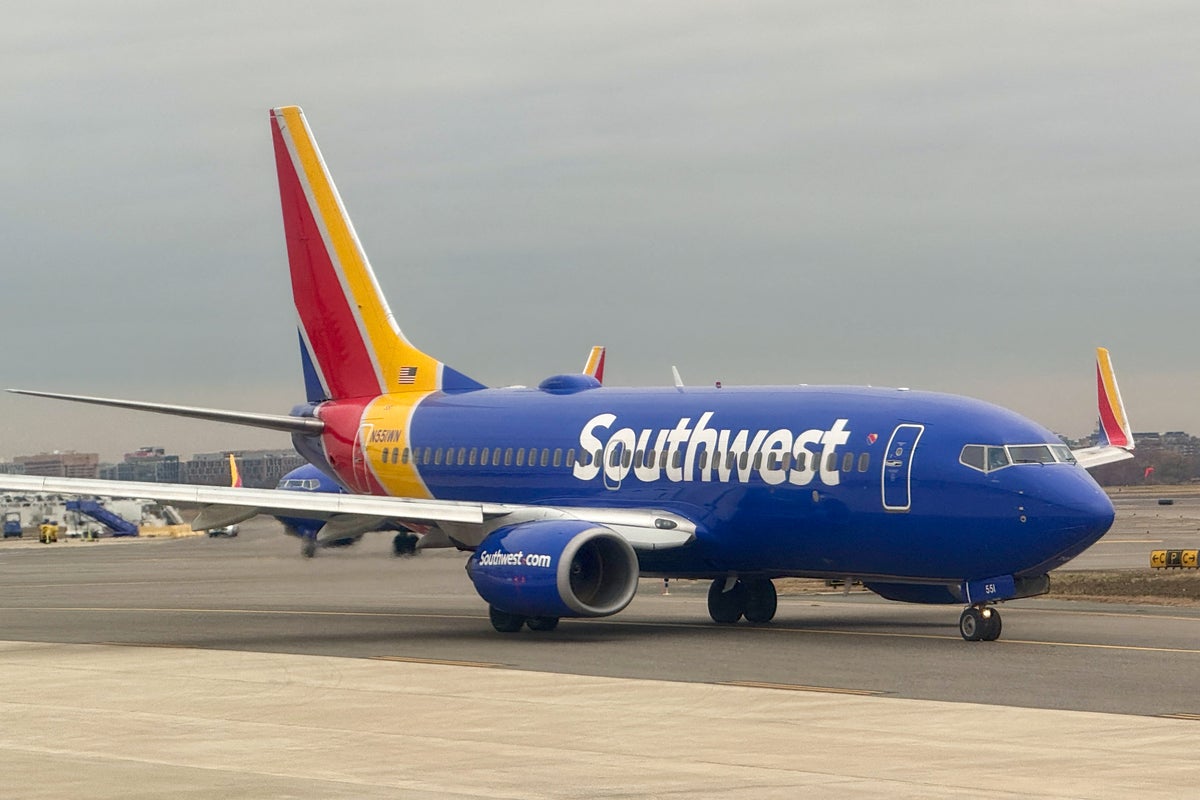In long meetings at the top of the Football Association and Premier League about the Chelsea breaches of agent regulations, there was one issue that caused most debate, and could still affect outcomes. That is how much a current ownership should bear the weight of a previous ownership.
It may well set a significant precedent in football, given how legally complex the sport is becoming in what is definitively now the era of the owner.
Sources state that the prevailing view within legal teams was that all of this must be put in the context that the previous regime, of Roman Abramovich, bears all the blame, and it was self-reported by Clearlake. That is why there is an expectation it will end with financial sanction.
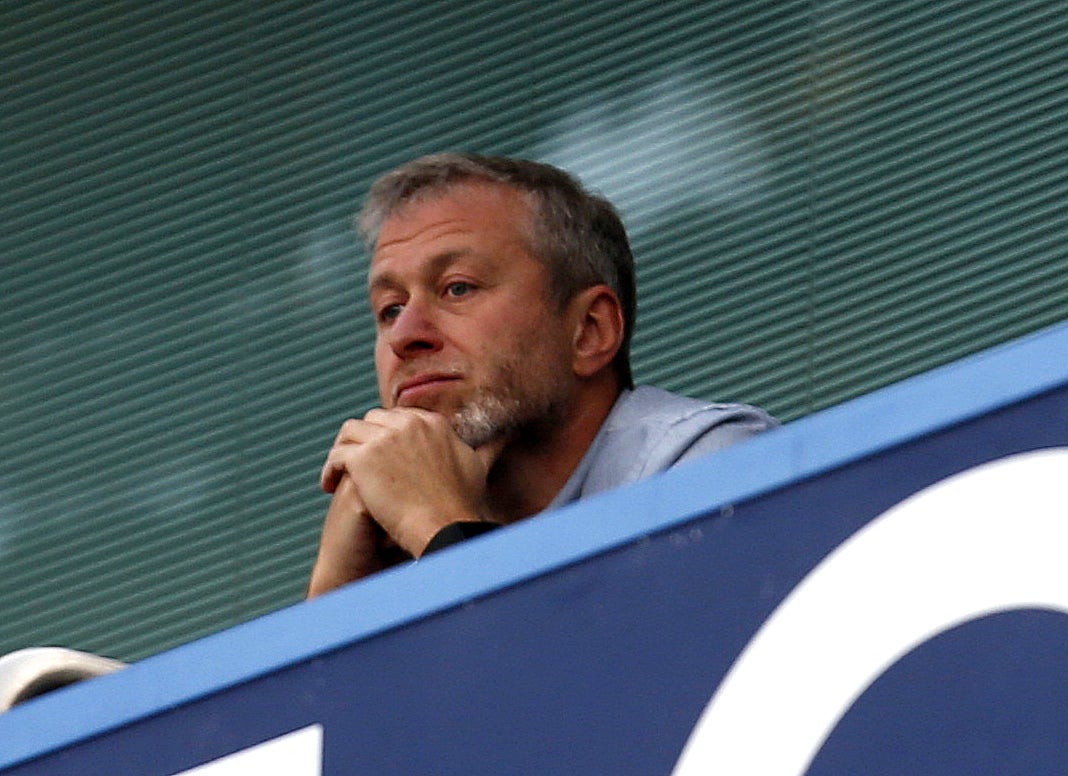
That view was not unanimous, though, and it is tempered by the fact that there were other clubs on the other side of this. They missed out on signings and trophies, no matter who the owner was.
Many executives at Chelsea’s rivals remain aggravated by the situation. They feel Uefa’s £8.6m settlement in July 2023 was too light, and are impatient about the lack of resolution in the parallel Premier League investigation. The latter, like the Manchester City case, is taking its time.
Chelsea, for their part, would themselves acknowledge it’s the same club – even if different owners – which was the entire point of self-reporting. There have been references to “the sins of the father”.
They still do not expect a sporting sanction like a points deduction or transfer ban. The ownership also believe that would be hugely unfair, since it would essentially be punishing the wrong people: the fans, the current squad, and the current hierarchy.
The new ownership cannot be blamed for any of this, and believe they have done everything absolutely right, in what is really an “unprecedented situation”.
That is nevertheless where there remains some intrigue. Well-placed sources maintain that the FA had been trying to agree a negotiated outcome for months, which would have amounted to the large fine that everyone expects. Discussions even got to the point where some on the board were lobbying for more, but the majority felt any fine had to be “serious”.
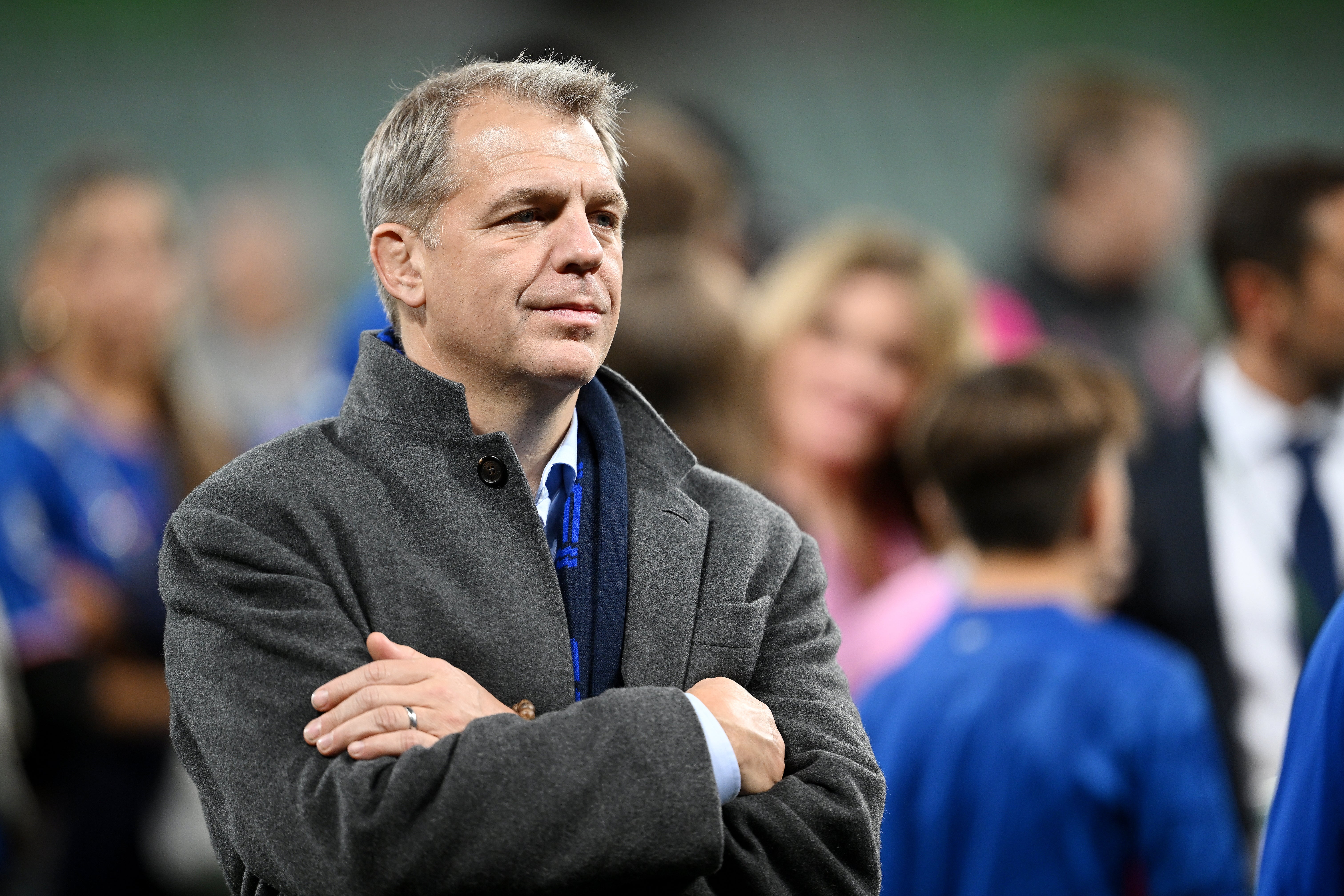
That is why it has surprised some close to the process that it has actually led to charges, rather than a settlement.
Against that, Chelsea sources say their internal expectation was that this was headed for charges. Hence the line in the club’s statement about being “pleased” with where they’ve got to. The breaches was self-reported the moment Chelsea was purchased, and they have stressed a “super collaborative” approach with football’s authorities, where every file has been passed over.
One quip that has been made is that this approach is very different to City’s.
The case is actually a mirror image of what City are accused of in the “Premier League’s big one”, if on a smaller scale. City insist on their innocence.
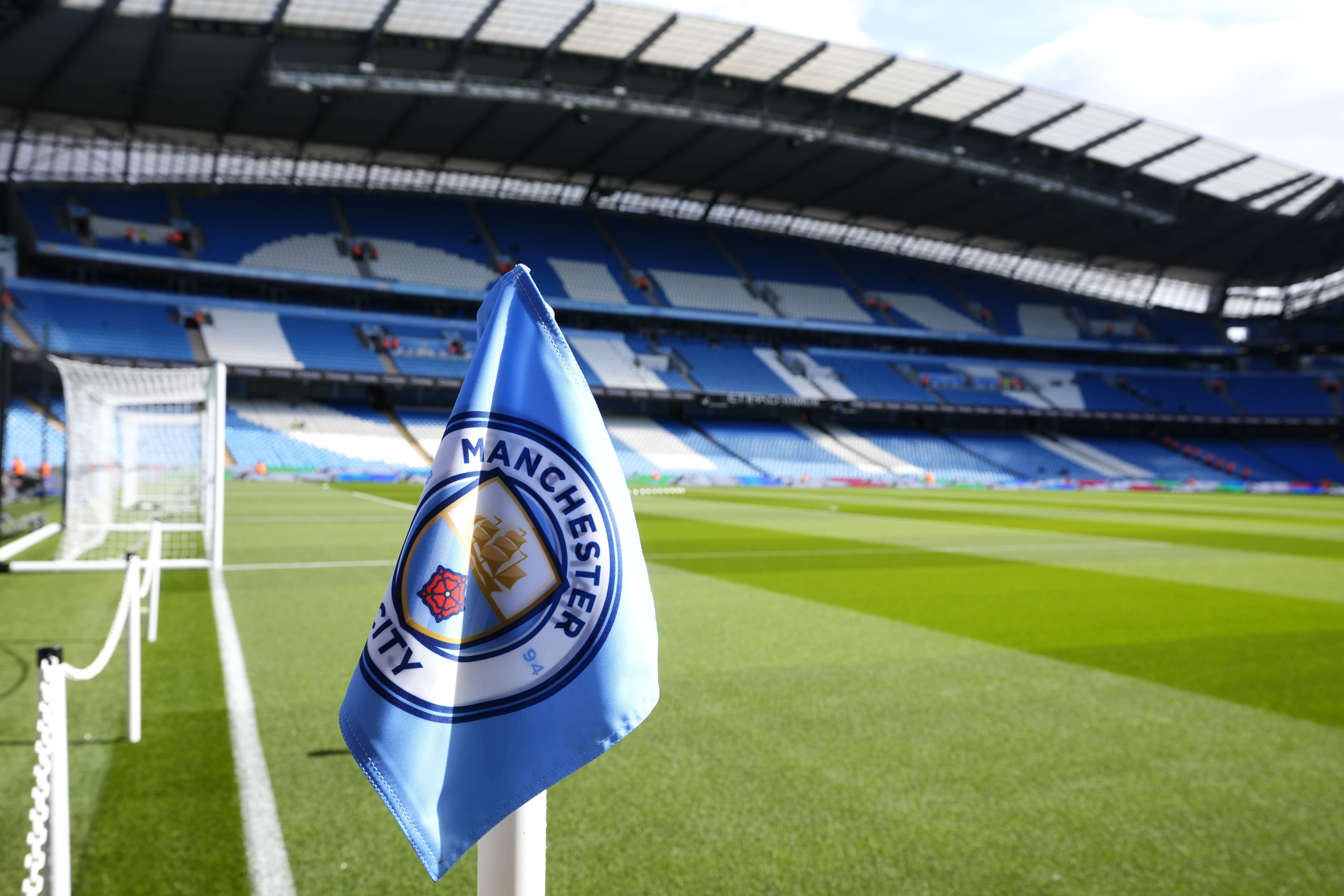
Whereas that case is about the accusations of overstatement of income, Chelsea’s is about understatement of expenses, with the net effect alleged to be the same. Undeclared payments kept Chelsea within Financial Fair Play limits, and also meant the filing of inaccurate documents. The latter would represent fraud.
All of this similarly facilitated deals that allowed Chelsea to compete at a higher level. The Premier League’s investigation is expected to deal with potential FFP breaches, whereas the FA’s was about agent regulations.
Questions have already been asked as to why the Premier League are “dragging their feet” compared to the FA.
Eden Hazard, whose 2012 transfer was probably the most high-profile investigated, had been widely expected to go to Manchester United that summer. Sir Alex Ferguson was even involved in a tour of their facilities. United had agreed a transfer fee with Lille and personal terms, but The Times recently reported that the deal broke down when Hazard’s agent, John Bico, demanded a payment of £1m from the club and several million more from the owners. He was notified that United absolutely would not agree to such an agreement, given it would have represented a clear breach of rules. There is no suggestion Hazard himself was aware or involved in any wrongdoing. Bico is now facing unconnected charges of financial crime in Belgium.
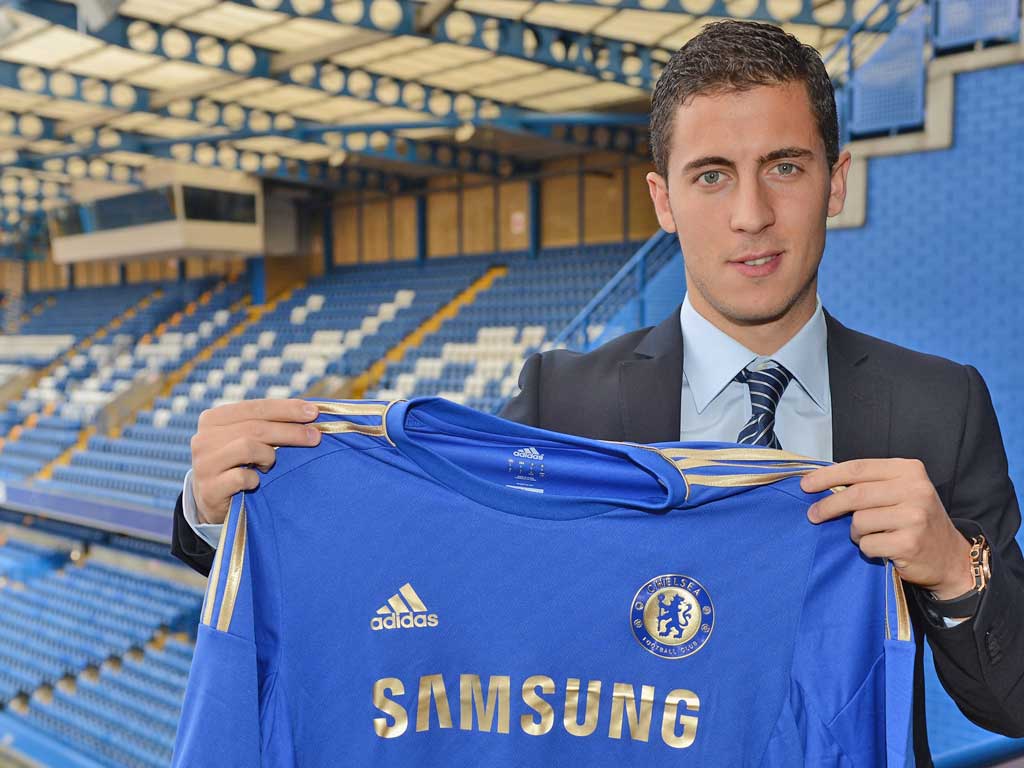
It has since been alleged that an offshore company belonging to Abramovich made a £6m payment to Bico via a Dubai company.
Such an example explains some of the persistent anger at rivals. Hazard was the key player in two Premier League title wins, in 2014-15 and 2016-17.
Other executives are already pointing to how, in 2008, Luton Town received a 10-point deduction for irregular payments to agents.
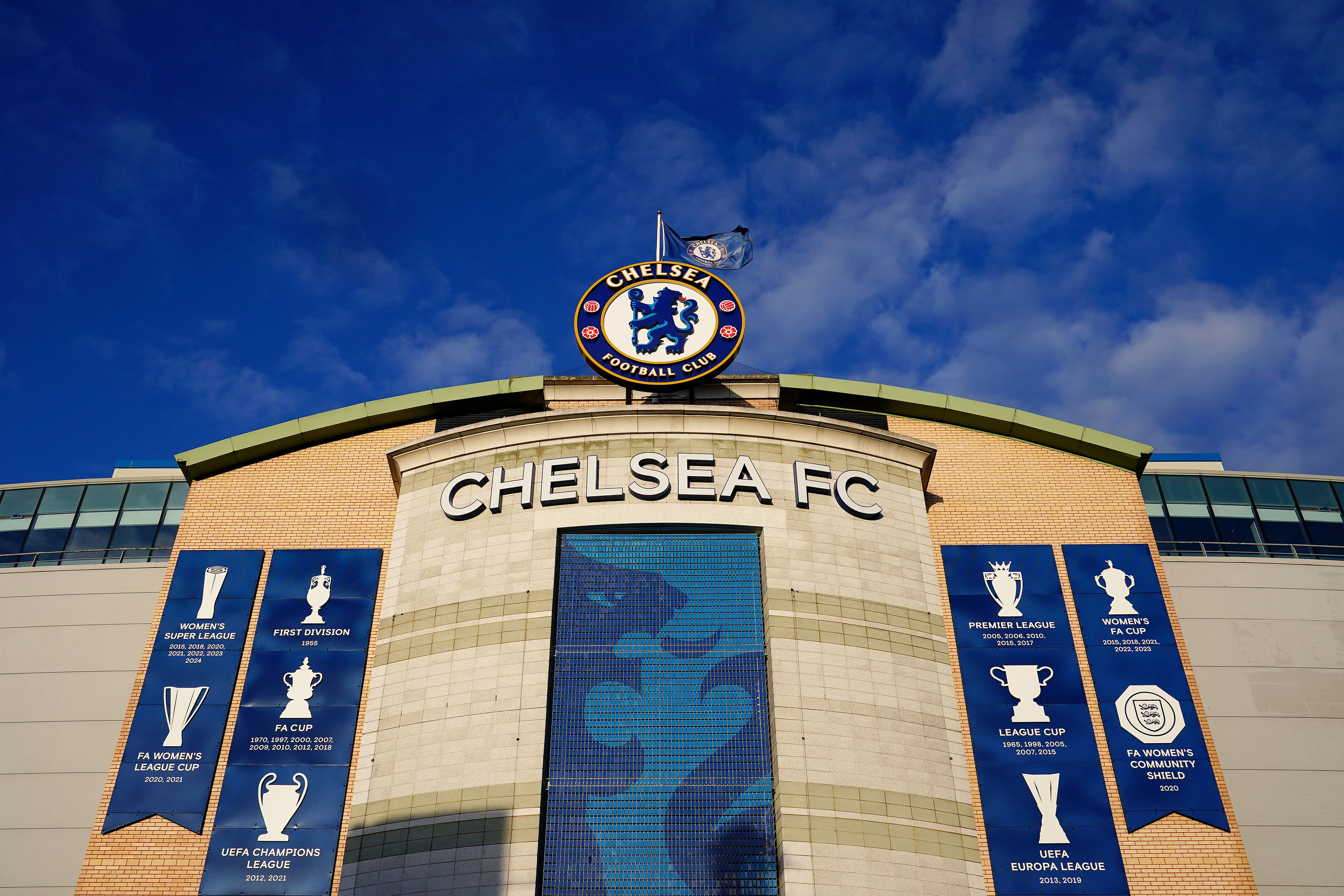
Chelsea would again point to the fact that they have self-reported. There’s even a belief they are setting a standard in that regard, especially ahead of the introduction of a new independent regulator.
Chelsea consequently expect a fine, but an independent regulatory commission will ultimately decide.
The charges mean that stage of the process now starts. Chelsea believe, and hope, this is all closer to the end.

